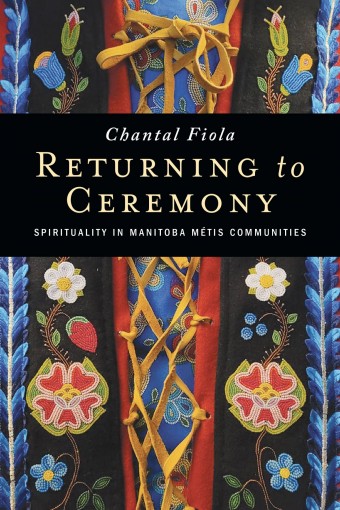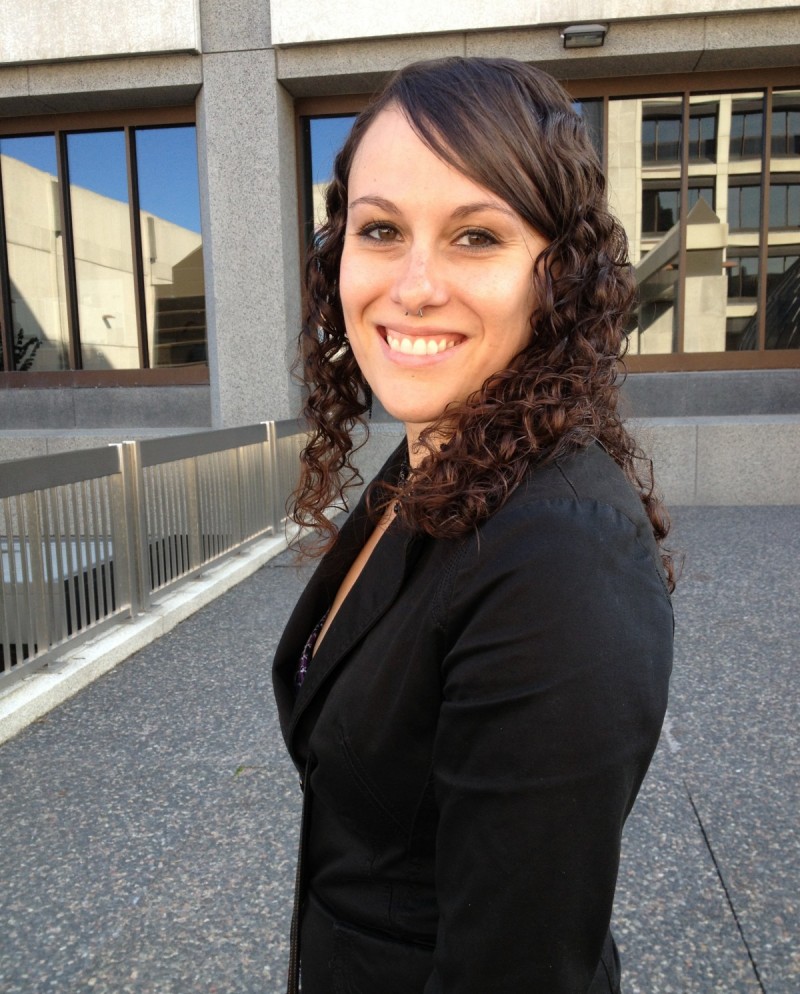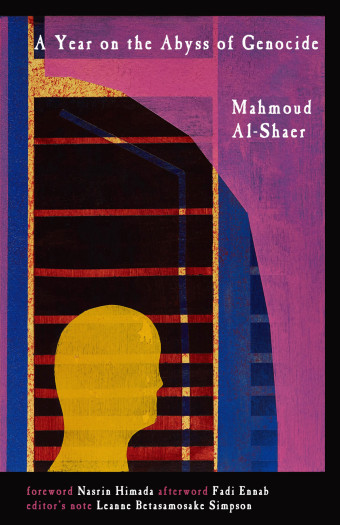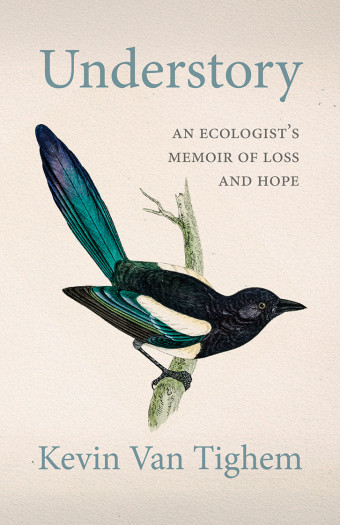When University of Winnipeg Michif scholar Chantal Fiola began learning about Indigenous ceremonies as an MA student at the University of Toronto, she did not expect her experiences to lead to groundbreaking research.
Ten years later, and now an associate professor in the Urban and Inner-City Studies Department at the University of Winnipeg, Fiola is releasing her second book about Métis spirituality, Returning to Ceremony: Spirituality in Manitoba Métis Communities.

- Returning to Ceremony
- Chantal Fiola
- University of Manitoba Press
- $27.95 Paperback, 336 pages
- ISBN: 978-08-87559-62-4
Whereas in Fiola’s first book, Rekindling the Sacred Fire, she interviewed individuals and their relationship to ceremony, this book takes a more community-centred approach, studying six Manitoba Métis communities. Both books look at Métis spirituality through a Métis-based research lens and from the perspective of Indigenous ceremony rather than Christian religions.
When Fiola began learning about ceremony from a Métis professor at the University of Toronto, she didn’t see a lot of Michif (the name Red River Métis use to identify themselves) people.
“And so that just kind of fueled my curiosity, and I started digging in the archives and asking Métis people around me if they or their families carried any stories about Métis people participating in ceremonies historically. And I was curious about other Métis folks who were participating contemporarily,” she says. “And then I was off and running.”
Canada’s colonial legacy caused many families to be disconnected from their relationships with ceremony. As a result, there are stereotypes that Métis people are Christian, generally Roman Catholic, and that ceremonies – such as smudging and sweat lodges – are practised by First Nations only.
Fiola’s research definitively proves that Métis people have participated in ceremony from the birth of their nation. She proposes that modern Métis spirituality exists on a continuum with Christianity at one end and Indigenous ceremony at the other.

Building her own connections to ceremony helped Fiola find a spiritual connection she was missing. “By that time, I had distanced myself from the Roman Catholic Church because I didn’t feel like I was nurtured there as a Michif person, as a woman, as a Two-Spirit person.” And when she started going to ceremonies, she felt that “all parts of me were nurtured and encouraged.”
Fiola believes in the power of ceremony. “We’re healing ourselves, our families, our communities, our nation,” she says. “We can even heal the relationship between First Nations and Métis, like our kinship relationships.”
Fiola delves into difficult conversations about raceshifting; colonial divisions between First Nations, Métis, and Inuit Peoples; stereotypes about Métis spirituality that contribute to divisions between Indigenous Peoples; and the colonial legacy of disconnection to culture.
Fiola’s two books are not the end of her research into this new field of study. In September, she begins her three-year position as University of Winnipeg Distinguished Indigenous Scholar’s Chair. She will expand on her findings in Returning to Ceremony and the idea of Métis spirituality existing on a continuum.
Scholarship on Indigenous history is challenging in today’s political climate. “Thankfully, we’ve got powerful examples from history about how Indigenous nations can work together,” Fiola says. “We even have examples of how Indigenous and non-Indigenous peoples can work together in a good way.”













